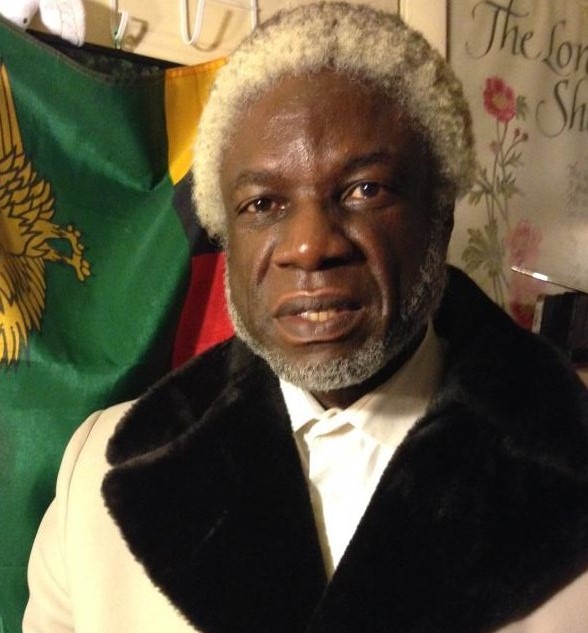
The use of chieftains as political cadres or proxies by any ruling political party is, no doubt, an enticing prospect due to their dependence on the government of the day for public assistance granted to them, including the electrification and maintenance of their palaces, provision for their stipends and motor vehicles, and other trappings relating to their welfare.
The following selected headlines which have appeared in various news outlets over the years depict the worrisome trend in this regard:
“Chavuma sub-chiefs pledge to support President Lungu, PF.”—Lusaka Times, July 14, 2021.
“Explain PF achievements to your subjects, GBM tells chiefs.”—Lusaka Times, July 11, 2021.
“Chiefs pledge to support President Lungu.”—Zambia Daily Mail, September 19, 2020.
“LUNDA chiefs in North-Western Province will support President Edgar Lungu in the next presidential election, says the Lunda Cultural Association.”—Daily Nation, January 29, 2017. And
“South Chiefs support Lungu.” Patriotic Front (PF), July 21, 2015.
The House of Chiefs was first established in 1965 soon after Zambia’s independence on October 24, 1964 as an advisory body to the United National Independence Party (UNIP) and the late Dr. Kenneth D. Kaunda’s administration on matters relating to ethnic cultures and traditional customs until 1991 when the Movement for Multi-party Democracy (MMD) and Dr. Frederick Chiluba assumed the reins of power and banished the House and ignored the role of traditional leaders in development.
The apparent reason for getting rid of the House of Chiefs was the use of the House and chieftains during the UNIP era as one of the tools designed to support the interests and political survival of the ruling political party—the same role the House of Chiefs and chieftains have been expected to perform since their re-introduction into the realm of governance by the MMD and the late Dr. Levy P. Mwanawasa upon winning the general elections held on December 27, 2001.
Since chieftains and the House of Chiefs have an important role to play in national development and the preservation of our cherished cultural values and traditions, there is no need to consider the prospect of repealing Article 169 of the Constitution of Zambia (Amendment) Act No. 2 of 2016—which recognizes and acknowledges their relevance—as a solution to the problem at hand.
However, we need to devise a viable and sensible solution to the problem. In this regard, I wish to suggest that the following be added to existing Electoral Code of Conduct:
1. Candidates for elective public office who openly seek or solicit the support of traditional leaders and/or any other individuals and/or institutions that depend on public assistance for their welfare should be barred from participating in elections for a period of 5 years;
2. Candidates who induce traditional leaders and/or any other individuals and/or institutions that depend on public assistance for their welfare by means of gifts or donations of any value during any year elections are scheduled to be held should be barred from participating in elections for a period of 5 years; and
3. Chieftains who openly declare their support for any political party or candidate should have the public assistance granted to them suspended for a period of 5 years.
This is one of many issues that will require new political players—such as HH and the UPND Alliance—to address. The Patriotic Front and its officials, after having perfected the art of using chieftains to garner support to their advantage, will not support the introduction of the foregoing sanctions or any other similar sanctions.
They have truly gained a great deal of experience in extracting endorsements from chieftains—by asking them to gather at a designated location and tactically persuading and coercing them to make joint statements declaring their support for the ruling political party and its candidates.
Chieftains particularly will have to support the measures suggested above in order to guard themselves against being gathered and manipulated like headless chickens to support inept public officials who have exhibited little of no ability to address the numerous problems facing the country at its people.
Finally, but certainly not least, chieftains and political parties and their candidates need to be mindful of the following potential consequences of the nature of their questionable political maneuvers:
1. Solicitation of support from chieftains by political contestants through gifts and donations, for example, can consciously or otherwise induce them to abuse the absolute traditional authority they wield by imposing their political views and choices on residents in their areas of jurisdiction.
2. Chieftains are, ideally, impartial leaders of all the residents in their chiefdoms regardless of their political affiliations. However, their support for any political party or candidate can inevitably place them in an adversarial position against some of the residents who may have different political alignments. And
3. Chieftains’ endorsement of any political party or candidate can easily frustrate efforts aimed at creating a level playing field for all political contestants, since they (the chieftains) already have a faithful following in their areas of jurisdiction. In this regard, we would do well to address the deep-rooted scourges of election-rigging, vote-buying, monopolized access to major news outlets, and access to public resources by a ruling political party without opening up other avenues for unfair political advantage.
